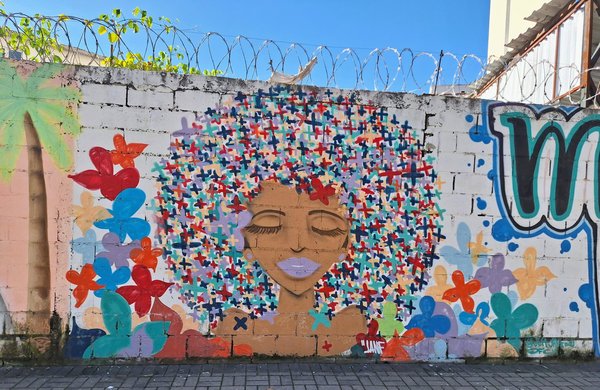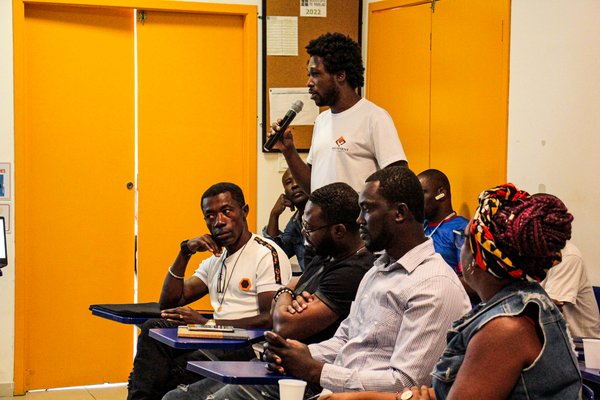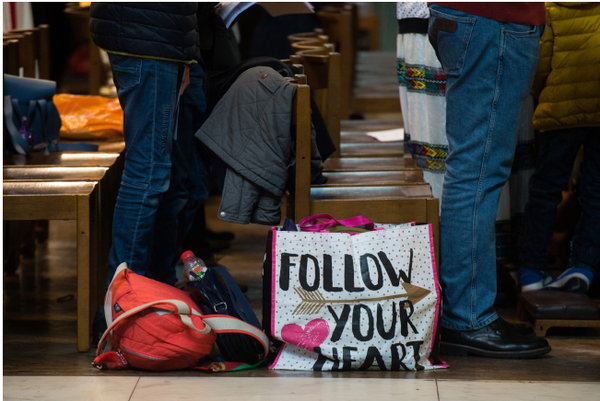
Rio de Janeiro, Brazil. Photo by AXP Photography on Unsplash.
Abstract
In 2021, Haitians constituted one of the three most represented foreign nationalities in Brazil alongside Venezuelans and Colombians. Yet Brazil became a major destination for Haitians only after the 2010 earthquake, mostly in response to welcoming declarations by Brazilian politicians and to the relative ease in both travelling and residing in Brazil regularly. In this paper, we explore the relevance of the imaginative components of this migration, sitting alongside the tangible ones mentioned above. Our research reveals that, already in the years prior to the 2010 earthquake, Brazil has started establishing itself more and more in the Haitian imaginary as a possible destination country. Brazil’s leadership of the UN Stabilization Mission in Haiti (MINUSTAH) since 2004, together with the coverage of world-relevant sport events in Brazil between 2007 and 2019, and the 2011 release of the 20th Century Fox animation’s film ‘Rio’, all contributed to centring the image of Brazil as a stable country. This research is located within the growing literature of subjective factors in migration decision-making, aiming to uncover the relevance of these factors alongside that of tangible ones. The paper draws on qualitative and quantitative data (interviews and a survey) collected within the framework of the MIDEQ project by researchers from the UNIperiferias Institute of Rio de Janeiro, Brazil and jointly analysed by researchers from UNIperiferias and ODI in London, UK.



